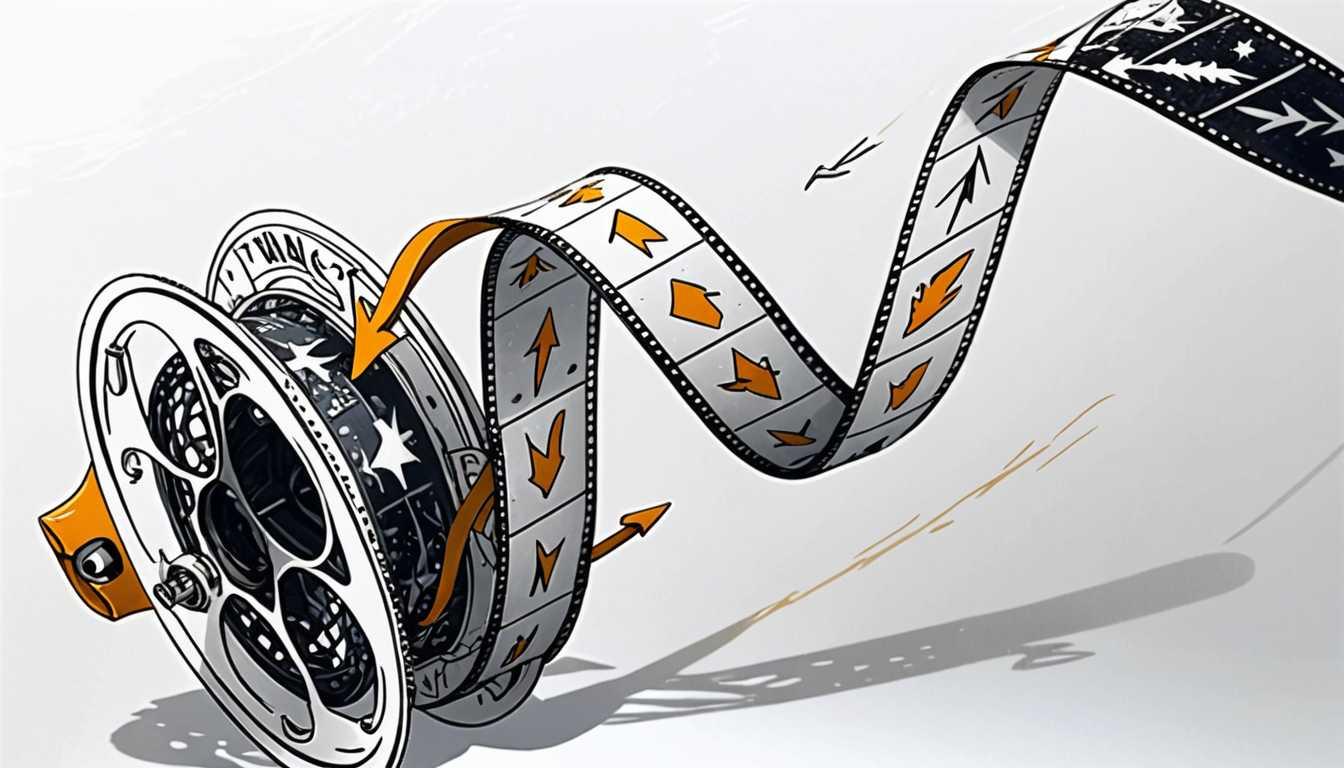Quantum Computing's Error-Solving Breakthrough
March 2024
California Institute of Technology
Introduction
Dive into the world of quantum computing with Caltech's latest breakthrough! Researchers have developed a clever new method to estimate errors in quantum machines without the Herculean task of full simulation. Imagine trying to paint the Mona Lisa with shaky hands; that's the quantum challenge they're tackling! Check out their findings in the prestigious journal, Nature, and see how they're making strides with atoms and entanglement. It's quantum computing like you've never seen before!
READ FULL ARTICLEWhy It Matters
Discover how this topic shapes your world and future
Unlocking the Quantum Puzzle
Quantum computers represent a revolutionary leap in computing power, with the potential to solve complex problems far beyond the reach of today's classical computers. This could transform fields like medicine, where they might, for example, help design new drugs by simulating molecular structures, or cybersecurity, by cracking codes that are currently unbreakable. The work of researchers like those at Caltech is crucial because it addresses a significant hurdle: error rates in quantum computations. Understanding and reducing these errors is essential for making reliable quantum computers a reality. This matters to you because the future of many industries, including those you might work in, could depend on advancements in quantum computing.
Speak like a Scholar
Quantum Computers
Machines that use principles of quantum mechanics to process information much faster than classical computers.
Entanglement
A phenomenon in quantum physics where pairs or groups of particles interact in such a way that the state of one particle cannot be described independently of the others.
Qubits
The basic unit of quantum information, analogous to bits in classical computing. Qubits can represent numerous possible combinations of 1 and 0 at the same time.
Error Rate
In quantum computing, this refers to the frequency at which errors occur in quantum calculations, affecting the accuracy of results.
Simulation
The process of modeling a system with certain mathematical formulas and algorithms to predict the behavior of the system.
Benchmarking
Evaluating the performance of a quantum computer by comparing its output to known standards or through specific tests.
Independent Research Ideas
Investigating Error Correction Techniques in Quantum Computers
Explore various methods used to correct errors in quantum computing, assessing their effectiveness and potential for practical applications.
The Role of Entanglement in Quantum Computing Speed
Study how entanglement affects the processing speed of quantum computers and its implications for future technological advancements.
Comparative Analysis of Quantum vs. Classical Computers in Cryptography
Analyze how quantum and classical computers perform in cryptography, including the impact of quantum computing on data security.
Quantum Simulation of Chemical Reactions
Investigate how quantum simulators could transform our understanding of chemical reactions, potentially leading to new materials or drugs.
Ethical Implications of Quantum Computing
Consider the ethical aspects of quantum computing, such as privacy concerns and the potential for creating or breaking security systems.
Related Articles

Quantum Leap: Errors Turn Hero
June 2023
UC Berkeley

Quantum Whispers: Noise-Cancelling Breakthrough
February 2023
Massachusetts Institute of Technology (MIT)

Quantum Computing's Exotic Twist
April 2023
Cornell University

Predicting Heatwaves: A New Era
August 2023
Cornell University

Magic Wand for Videos: DynIBar Revealed
July 2023
Cornell University